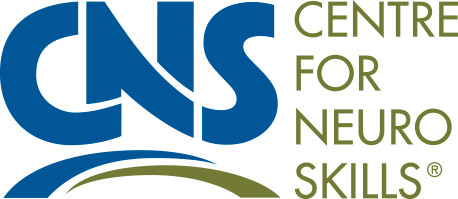The estimates for exactly how often MTBI or concussion happens vary widely. However, concussion is quite common, and the total number of concussions in a year vastly outnumbers all new diagnoses of cancer combined in the U.S. Many concussions go unrecognized and unreported, making it far more difficult to understand the frequency of concussions.
Generally, it is thought that the brain recovers well after a single concussion. However, concussions vary by the amount and nature of the forces applied to the brain. Further, some concussions are referred to today as “complicated concussions” because evidence of damage to the brain is apparent in CT or MRI scans, though the person suffering the concussion seems to recover reasonably well.
It is estimated that between 5% and 20% of individuals who sustain a concussion will have one or more symptoms that last a year or longer. It is not entirely clear why symptoms persist for some individuals and not for others.
We now know that endocrine dysfunction can be caused by a concussion in some individuals. We also know that sleep disorders can occur after concussion in some individuals or may be present before the injury. Both of these factors, along with other general medical conditions, can complicate a person’s recovery.
Several neurodegenerative diseases have been found to occur in greater incidence in association with a single concussion. These include conditions like Alzheimer’s disease, amyotrophic lateral sclerosis, multiple sclerosis, a variety of endocrine disorders, epilepsy, brain tumor, schizophrenia, depression, psychosis, and dementia. However, the causal link to concussion as either an initiator of disease or accelerator of the disease has yet to be precisely determined.
Aging and a person’s genetic make-up likely complicate the picture further and can contribute to both onset and acceleration of disease. We cannot predict accurately who will develop a neurodegenerative disease, though an important indicator can be found in a person’s family history. That said, we still have no way to guarantee who will and who will not develop such conditions.
The only clear point is that avoiding concussion is well-advised. Once one or more concussions occur, the individual should consider significant lifestyle modifications, many of which are common sense and advised for many other health conditions. The person should be alert to developing conditions by working closely with their physician.
These include avoiding the use of caffeine, alcohol, over the counter sleep aids, and recreational drugs. Diet should be well-balanced, avoiding high carbohydrate intake, and maintaining an appropriate body mass index (weight). Ideally, the diet should be rich in antioxidants and low fat (~17%). Daily exercise should be included in one’s routine, just as one includes other daily hygiene care. Exercise should be under the supervision and advice of a physician and should be 30-60 minutes of cardiovascular exercise at least six days per week. Sleep should be 7-9 hours daily, and a rigorous sleep routine of regular sleep and wake times should be protected. A physician should screen annually for endocrine and sleep disorders, in particular, sleep apnea. And sleep apnea should be managed with breathing support.


Leave a Reply